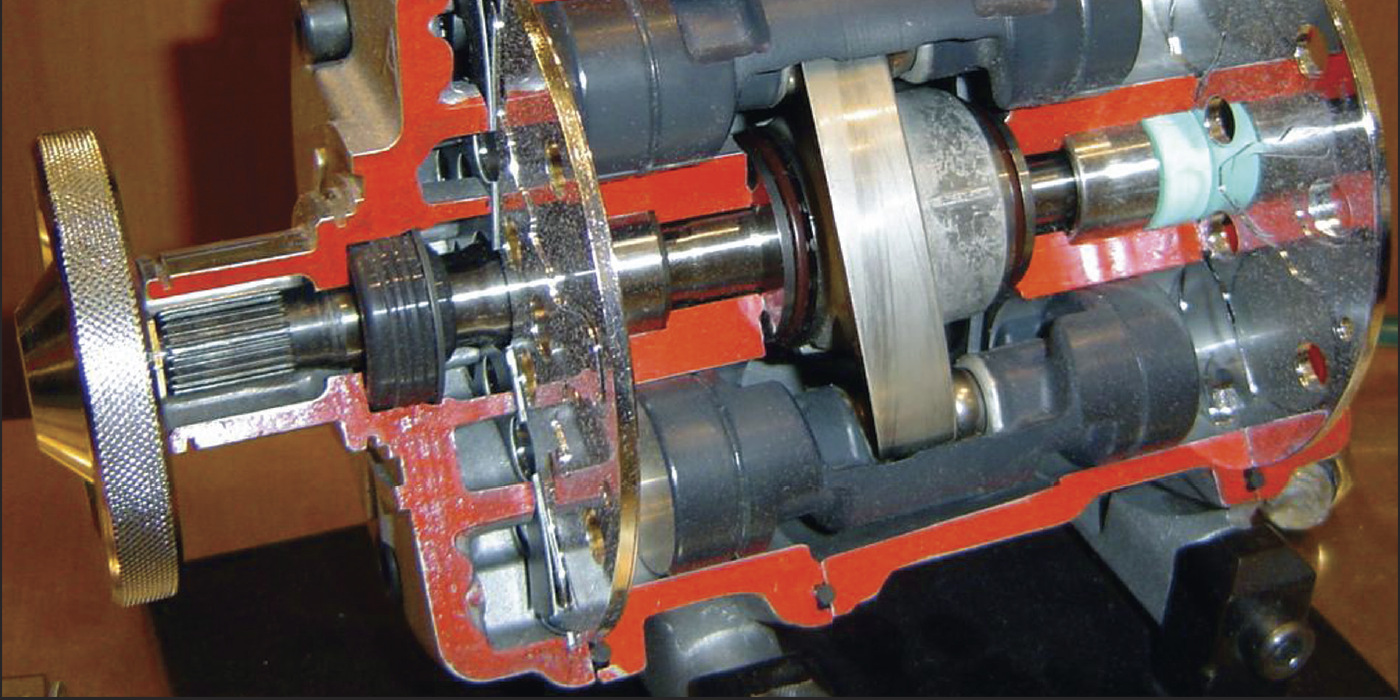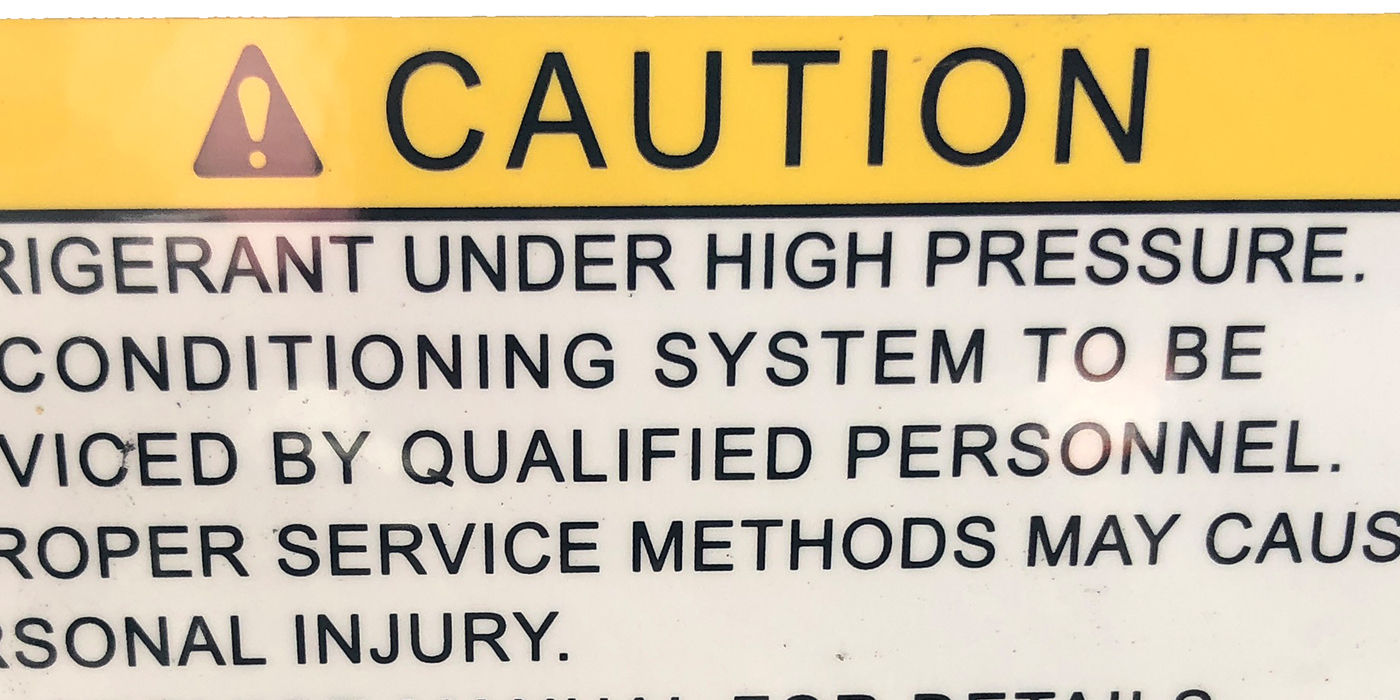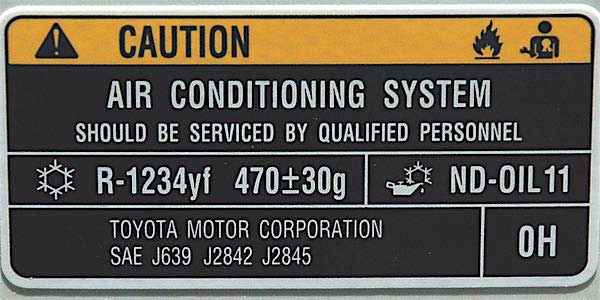R1234yf Refrigerant Service
It is not a question of if but when you’ll have to deal with R1234yf refrigerant. Here’s what to expect.

Regular AC Maintenance Helps Prevent Compressor Failure
Not following the proper service procedures or compressor oil recommendations could be factors to early compressor failure.

Are Your Customers’ A/C Systems Facing ‘Black Death?’ (VIDEO)
If compressor oil is contaminated with iron it means moisture is in the system. Sponsored by The Group Training Academy.

Never Flush A Parallel-Flow A/C Condenser (VIDEO)
What makes the parallel-flow condenser efficient is one of its drawbacks as well. Sponsored by The Group Training Academy.

Check the Label Before Replacing A/C Refrigerant
Never attempt to service a car’s air conditioning system without first checking the SAE J639 sticker.

ASE: Refrigerant Sales Restriction Compounds The Need For Section 609 Credentials
Beginning on Jan. 1, 2018, the EPA will require Section 609 credentials to purchase non-ozone-depleting refrigerants such as R-134a and R-1234yf.

R1234yf: Smaller Footprint, New Diagnostics
The benefit of R1234yf is simple. The new refrigerant lasts only 11 days in the atmosphere compared to 13 years for R134a. This is why the EPA is requiring R1234yf to be installed in all new systems by 2021.

Update On R-1234yf Refrigerant
If you haven’t had a lot of experience dealing with R-1234yf yet, get ready. You’re going to steadily be seeing a lot more of this refrigerant in the coming years. Underhood Service magazine talked with ASE Executive Director of Special Projects Dave Cappert about R-1234yf updates and best practices techs need to know to be able to service these vehicles before one catches you off guard.

A/C Service Best Practices: Motor Age Webcast
[pre_ad postid=”7876″]On May 26, 2011 Motor Age hosted the second of four live, interactive training webcasts scheduled for 2011. Sponsored by Delphi and Motor Age, several topics were covered including a brief discussion of HFO1234yf, proper sealant and refrigerant identification methods, proper oil charging and compressor care, and lots more.

